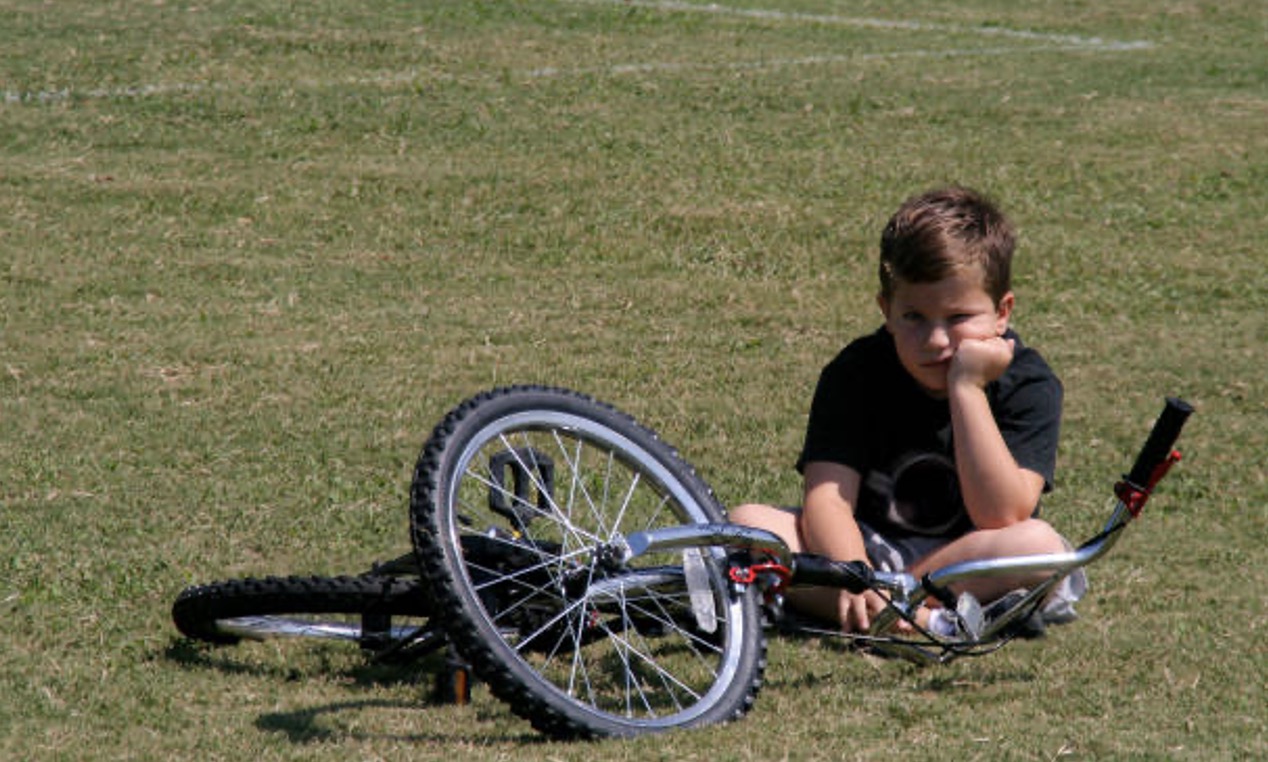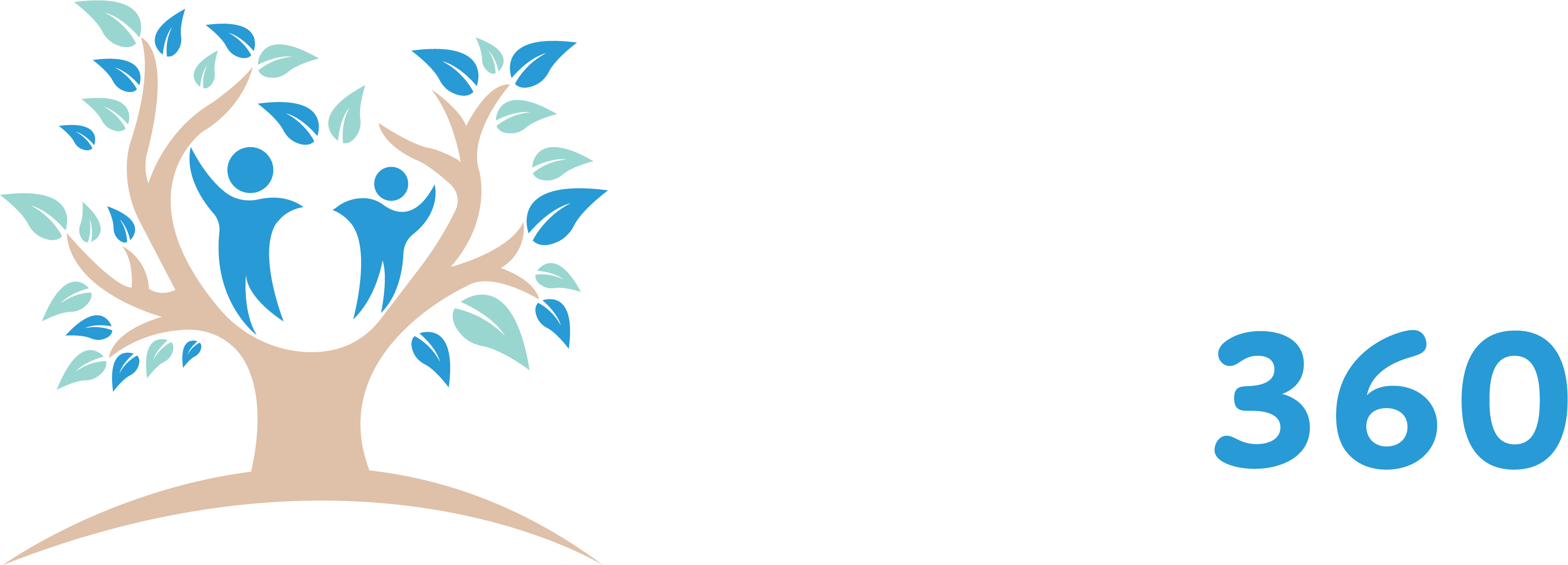Research

Why Persistence is Crucial in Early Education

Persistence is crucial in early education as it helps children to develop the ability to persist in the face of challenges and setbacks, and ultimately achieve their goals. Persistence is the ability to maintain effort and interest in a task, despite obstacles or discouragement. It is a key component of resilience and a crucial aspect of children’s academic and personal success.
One study, published in “Child Development,” found that children who were more persistent had better academic outcomes, including higher test scores, compared to children who were less persistent. This suggests that children who are able to persist in their efforts are more likely to achieve academic success.
Another study, published in “Developmental Psychology,” found that children who were more persistent had better self-regulation skills, including better attention and impulse control, compared to children who were less persistent. This suggests that children who are able to persist in their efforts are better able to control their thoughts, emotions, and behaviors, which is crucial for their overall development.
A third study, published in “The Journal of Educational Psychology,” found that children who were more persistent had better problem-solving abilities, including better critical thinking and creativity, compared to children who were less persistent. This suggests that children who are able to persist in their efforts are more likely to have better problem-solving abilities, which is crucial for their future success in school and beyond.
In conclusion, research has shown that persistence is crucial in early education as it helps children to develop the ability to persist in the face of challenges and setbacks, and ultimately achieve their goals. Children who are more persistent have better academic outcomes, better self-regulation skills, and better problem-solving abilities.
Educators and parents should recognize the importance of promoting persistence in young children and create an environment that supports and nurtures their overall development.
References:
“Child Development” study:
https://onlinelibrary.wiley.com/doi/abs/10.1111/cdev.12928
“Developmental Psychology” study:
https://psycnet.apa.org/record/2015-09126-005
“The Journal of Educational Psychology” study:
https://psycnet.apa.org/record/2011-25287-006
Start using Personhood360 for free!
Access all Personhood360 features for 30 days, to see how Personhood360 can add value to your early childhood centre.
Or compare plans from $2.45 per child/month
![]() Cancel any time
Cancel any time![]() Online Support
Online Support
